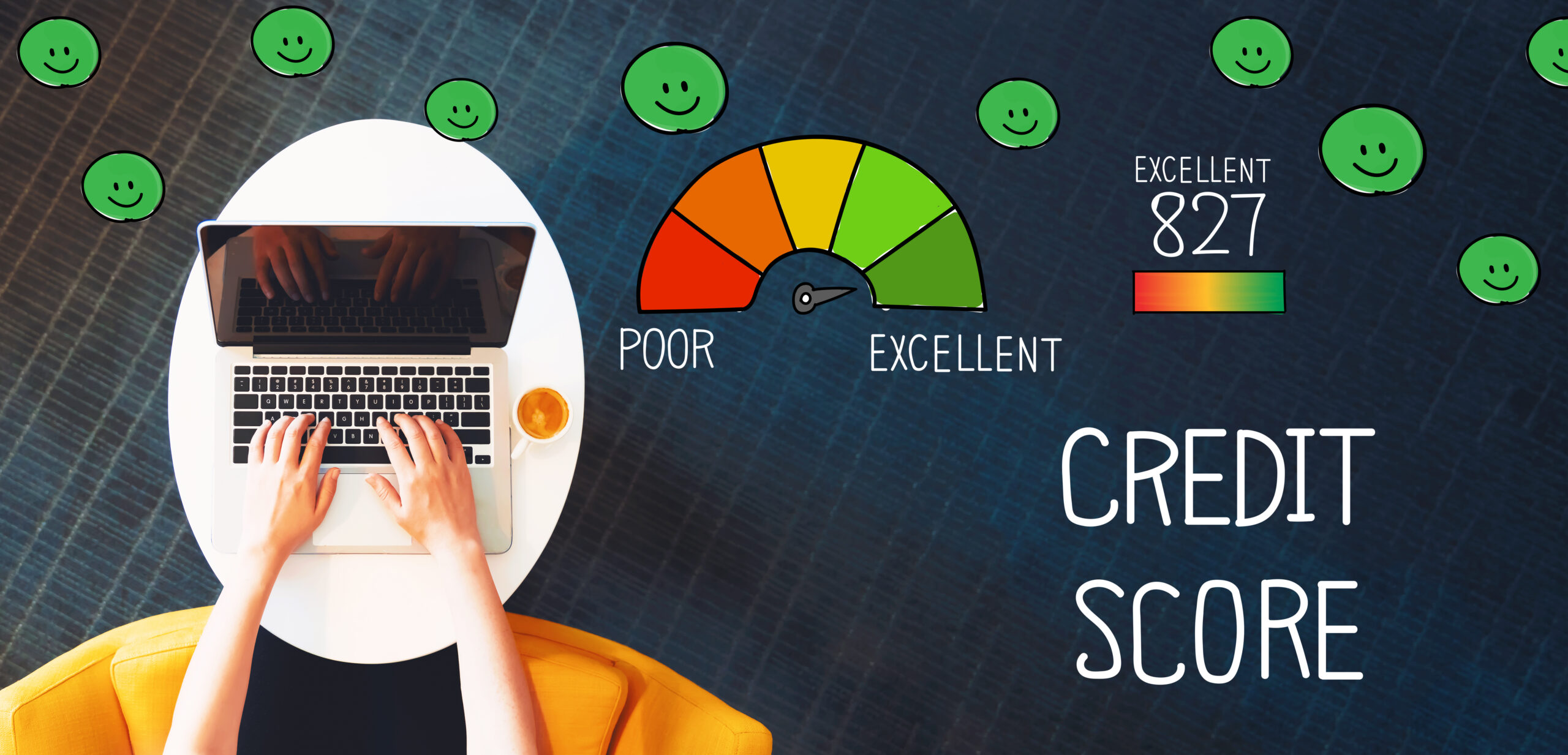If you’re shopping for a mortgage loan, you’re in for some good and bad news about your credit score.
The good news is—in almost all cases—a mortgage lender or broker pulling your credit report will not negatively impact your credit score, despite what you may have heard. The bad news is, the credit score you think you have is probably not the same as the one your lender or broker pulls.
In this post, we’ll first dispel the pervading myth that shopping for a loan is going to hurt your credit score. Then, we’ll explain why there are discrepancies between your mortgage credit score versus your consumer credit score.
Finally, we’ll review how you can best prepare your credit to improve your rating for the mortgage application process.
Myth Busted: Shopping for a Mortgage Loan Will Not Hurt Your Credit Rating
Any time you apply for credit, whether it’s in the form of a credit card, auto, student, or home loan, you authorize the lender to contact the credit bureaus for your credit report. When the lender contacts the credit bureaus, this is called an “inquiry.”
Many people, including experienced homebuyers, think that these inquiries are going to hurt their credit score. However, as MyFICO points out:
“Most Credit Scores are not affected by multiple inquiries from auto, mortgage or student loan lenders within a short period of time. Typically, these are treated as a single inquiry and will have little impact on your credit scores.”
The source of this misconception is rooted in the fact that if you apply for several credit cards in a short period of time, your credit score will likely go down. This is because this kind of activity signals that the borrower is risky.
But the credit bureaus’ scoring models are sophisticated enough to know that shopping for a mortgage loan is not the same as taking out a bunch of credit cards at one time.
Mortgage Credit vs. Consumer Credit: Discrepancies Explained
According to MyFICO, there are more than a dozen credit scoring models currently in use across the auto, mortgage, and credit card industries. And even when new FICO scores are developed, lenders don’t necessarily implement them right away. This is especially apparent in the mortgage industry.
In fact, while a company like Credit Karma might use FICO Score 9, your credit card provider could be using FICO Bankcard Score 8, and your mortgage lender may be using FICO Score 2, 5, or 4.
There’s even some variation between the credit bureaus in terms of which scoring models are used. It’s worth noting, though, that versions used in the mortgage industry are among the oldest scoring models still in use. And that’s because mortgage lenders are typically the slowest to adopt new scoring models.
All that said, the basics of maintaining a good credit score remain the same. Regardless of what type of credit you’re applying for, you should:
- Make payments on time
- Keep credit card balances low
- Open new credit accounts only when needed
A Strong Credit History Makes a Big Impact
At The Mortgage Hub, we always want to understand our clients’ credit histories. This is so we can figure out exactly what might be negatively impacting their score. From there, we can run an analysis to identify what can be done to increase our clients’ scores.
Once we’ve identified what the requirements are for the potential increase and our client provides proof of completing those requirements, we can get their credit rescored within 3 to 5 business days.
This is important to us and our clients because a relatively small increase in your credit score can help you obtain a more favorable interest rate. And, over the life of the loan, even a small decrease in your interest rate can mean significant savings.
If you’re looking for further guidance on credit scores, or anything mortgage related, call now at (888) 273-8734 or Schedule a Consultation to discuss how we can help.







